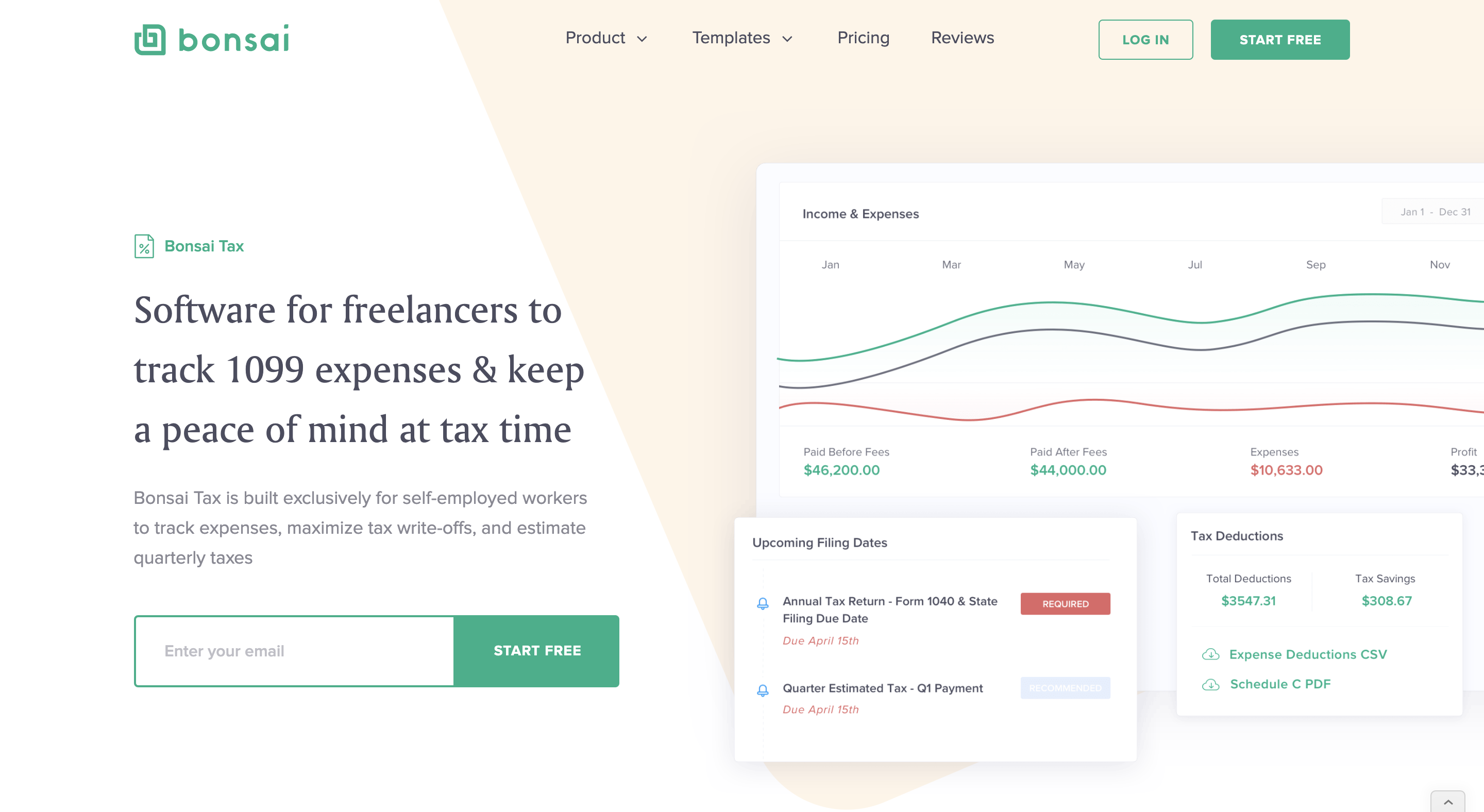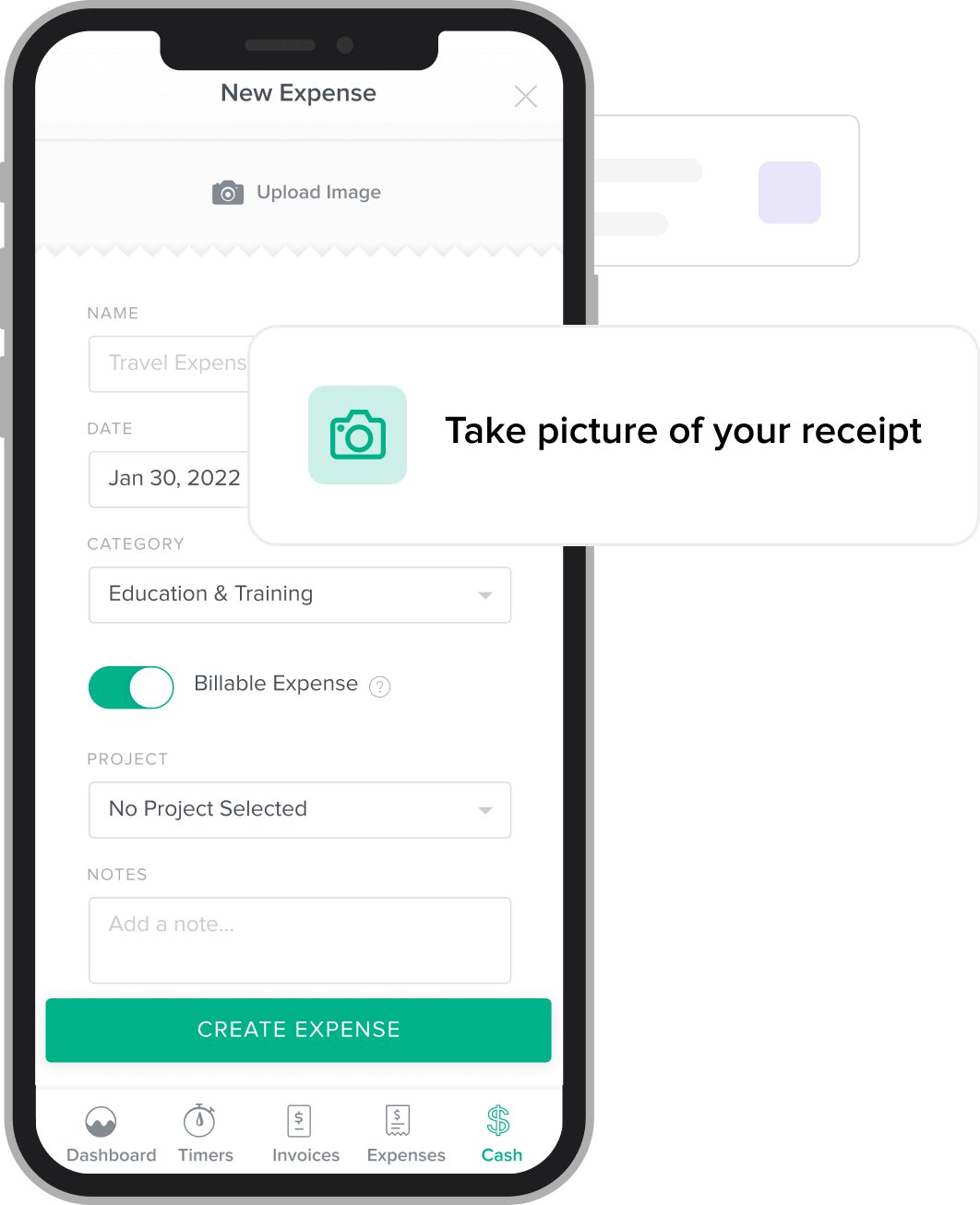The Paycheck Protection Program (PPP) may have had its share of controversies but to say it didn’t help small businesses would be unfair.
A research paper by Gustavo Joaquim and Felipe Netto investigating the effectiveness of the Paycheck Protection Program revealed that the PPP loans helped reduce job losses at eligible firms by 12.9 percentage points. That’s about 7.5 million American jobs.
About $800 billion in PPP funds was released to businesses all around the country including many small businesses owned by women, veterans, and people of color.
And the best part about this program which was backed by the US small business administration (SBA) is that all loans issued to businesses are forgivable if the set conditions were met.
Note: if you need help tracking your business expenses for tax deductions, try Bonsai Tax. Our app would scan your bank/credit card receipts to discover all your potential tax write-offs. In fact, users typically save, $5,600 from their tax bill. Claim your 7-day free trial here.
.jpeg)
Can I apply for a PPP loan in 2022?
Business owners can no longer apply for PPP loans because the program is closed but, existing borrowers can apply for forgiveness.
In this post, we look at everything you need to know before applying for PPP loan forgiveness including who is eligible, the required documents, and how to apply.
Then to close it off, we are going to look at how to reduce the tax bill for your small business by deducting expenses paid using PPP loan money.
Are expenses paid with PPP loan funds tax-deductible?
It was clear from the start that the PPP loan money would not be included as part of gross income but what was not clear was whether expenses paid with PPP money are tax-deductible.
Congress had to intervene and overturn a decision by the IRS to make the expenses nondeductible. Consequently, any small business owner that had filed their tax returns without claiming a deduction for PPP-related expenses should consider amending those returns to claim the deductions.
.jpeg)
Requirements to qualify for PPP loan forgiveness
For a borrower to be eligible for forgiveness of their Paycheck Protection Program loan, they need to have met the following conditions.
- 8-24 weeks expense coverage - Depending on when you received your loan, the money was supposed to cover your business for 8 weeks or 24 weeks. To be eligible for forgiveness, it’s expected that you used the loan funds to fund expenses incurred over the 8-24 weeks.
- The 60/40 rule - The other requirement for borrowers to qualify for forgiveness is that at least 60% of the loan money was used to cover payroll costs. And then the other 40% was used to fund eligible non-payroll expenses which include business rent, supplier costs, operational expenses, worker protection costs, and property damage costs. We will look at these in more detail when we talk about deductible expenses.
- Staffing requirements - The number of employees on your payroll should remain as they were before you applied for the PPP loan. Businesses that had already laid off their employee or put them on furlough were required to rehire them after their loan was approved. However, if you made a written offer to rehire them in good faith and you have evidence that the employee rejected your offer, an exemption can be made. You may also qualify for exemption if an employee was fired for reasonable cause, resigned voluntarily or the employee requested and received a reduction of their working hours.
- Pay requirements - The amount of money paid to your employees over the 24 weeks covered by the Payment Protection Program should not be less than 75% of the pay they received during the most recent quarter.
Required documents for PPP loan forgiveness
First-draw PPP loan
If you are applying for the forgiveness of your first PPP loan and it was less than $150,0000, you just need to fill out the SBA Form 3508s to certify that you complied with the program guidelines.
Second-draw PPP loan
If you are applying for forgiveness for a second-draw loan that was less than $150,0000 you will need to provide documentation showing a drop of at least 25% in revenue for any quarter of 2020 compared with the same quarter in 2019.
Other than that, you just need to fill out the SBA Form 3508s to certify you meet the requirements for loan forgiveness.
Don’t be tempted to lie though. SBA may request information and documents as part of the review process. Business owners found to be lying may go to jail for up to 30 years or pay a fine of up to $1,000,000.
PPP loans of over $150,000
For businesses that were awarded loans of more than $150,000, they need to go the extra mile and provide proof that they spent their PPP loan on eligible expenses and under the set conditions.
This means they need to attach necessary documents as evidence of payroll expense payments and non-payroll expense payments. For instance, they could attach a copy of third-party payroll reports to prove that 60% of PPP loan money was used on employee salaries.
How to apply for PPP loan forgiveness
SBA has a direct forgiveness program that allows you to apply for forgiveness directly from their site. However, not all Lenders are participating in the program.
If your PPP lender is not in the SBA forgiveness program you will have to apply with the lender directly. In most cases, the lender will contact you with application details after the loan coverage period. And to simplify the process for you, some lenders will even autofill some parts of the application form.
However, if your business received a loan of more than $150,000 you will have to apply for loan forgiveness directly with your lender. The application process varies for different but it will largely be guided by the SBA Form 3508.
For the best experience when applying for forgiveness, use the latest version of Chrome, Firefox, Safari, or Microsoft Edge.
PPP Expenses that you can write off to lower your tax debt
- Employee salary - This includes wages, commission, tips, bonuses, and employee benefits like insurance and retirement. Remember 60% of the loan funds need to be used to fund employee salaries and the other 40% for the other expenses we mention below.
- Rent, mortgage, and utility expenses - You can deduct your office rent, lease, or mortgage interest provided these expenses were in existence before February 15, 2020. If you are operating from home, you can deduct a portion of the expenses used for your home office.
- Operations expense - Includes payments for software used in business operations such as accounting, invoicing, inventory management, and payroll software. If you use our software to track your expenses, the cost of the software is tax-deductible.
- Property damage costs - The fear of impending doom after the Coronavirus first hit made people act crazy resulting in the destruction of property in some businesses. If your business was affected and insurance did not cover the damage, you were allowed to use PPP loan money to cover the expenses and deduct it when filing.
- Supplier costs - Includes payments made to suppliers to source raw materials and cater for transport.
- Worker protection costs - To be Covid-Compliant businesses had to make some changes like purchasing personal protective equipment for employees, performing regular health screening as well as restructuring the business premise through the installation of barriers. Borrowers were permitted to use PPP loan money for these expenses and deduct them when filing taxes.

Bonsai Tax: How we can help
When it comes to taking advantage of deductible expenses, accountability is critical. For instance, to deduct expenses paid using PPP loan money, you need to show that the payment was made during the 24-week coverage period and was paid using PPP money.
This sounds easy enough until you factor in other tax-deductible expenses. Unfortunately, a lot of small business owners overpay their taxes every year because of a lack of accountability.
This is where we come in.
Bonsai Tax is a software that will track your expenses so that you can easily write them off when filing taxes.

We have done the math and with our expense tracker, you could end up saving up $5,600 every year through deductions. Also, your tax bill will never catch you unaware because Bonsai Tax can estimate your quarterly tax by analyzing your spending.
You can test the software for 14 days at zero cost. It also comes with a 30-day money-back guarantee. We will refund your money if after 30 days you are not satisfied with our services.






